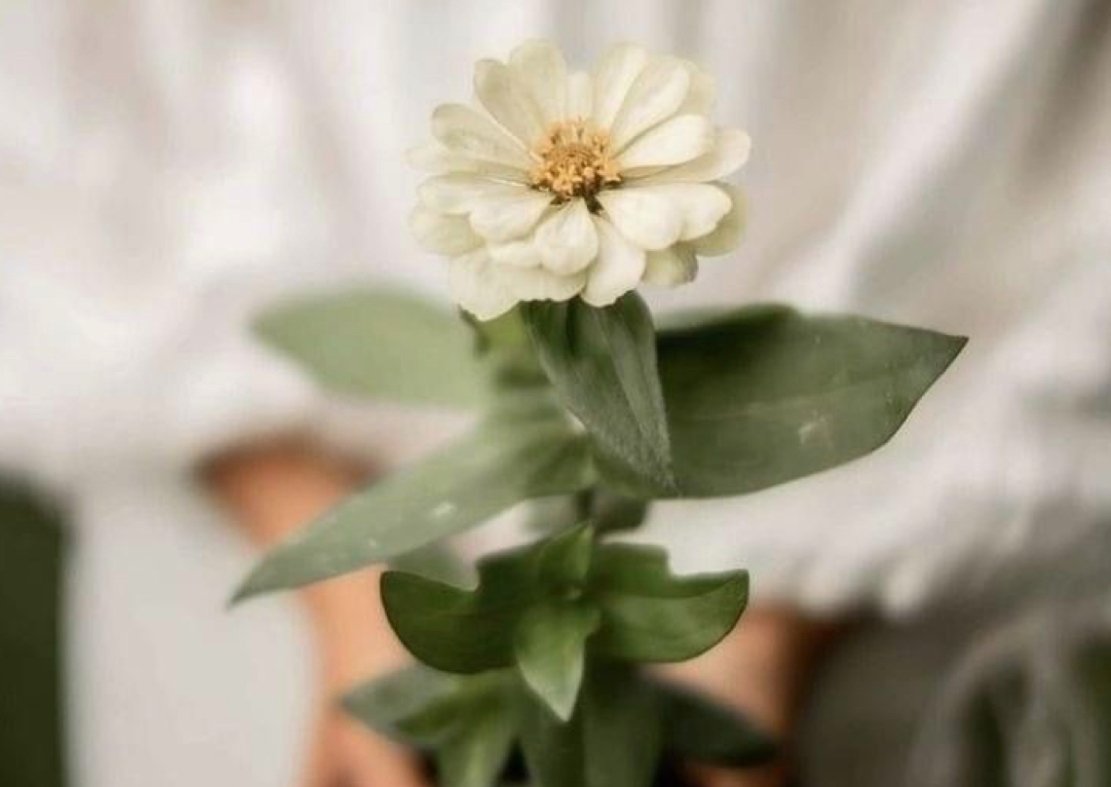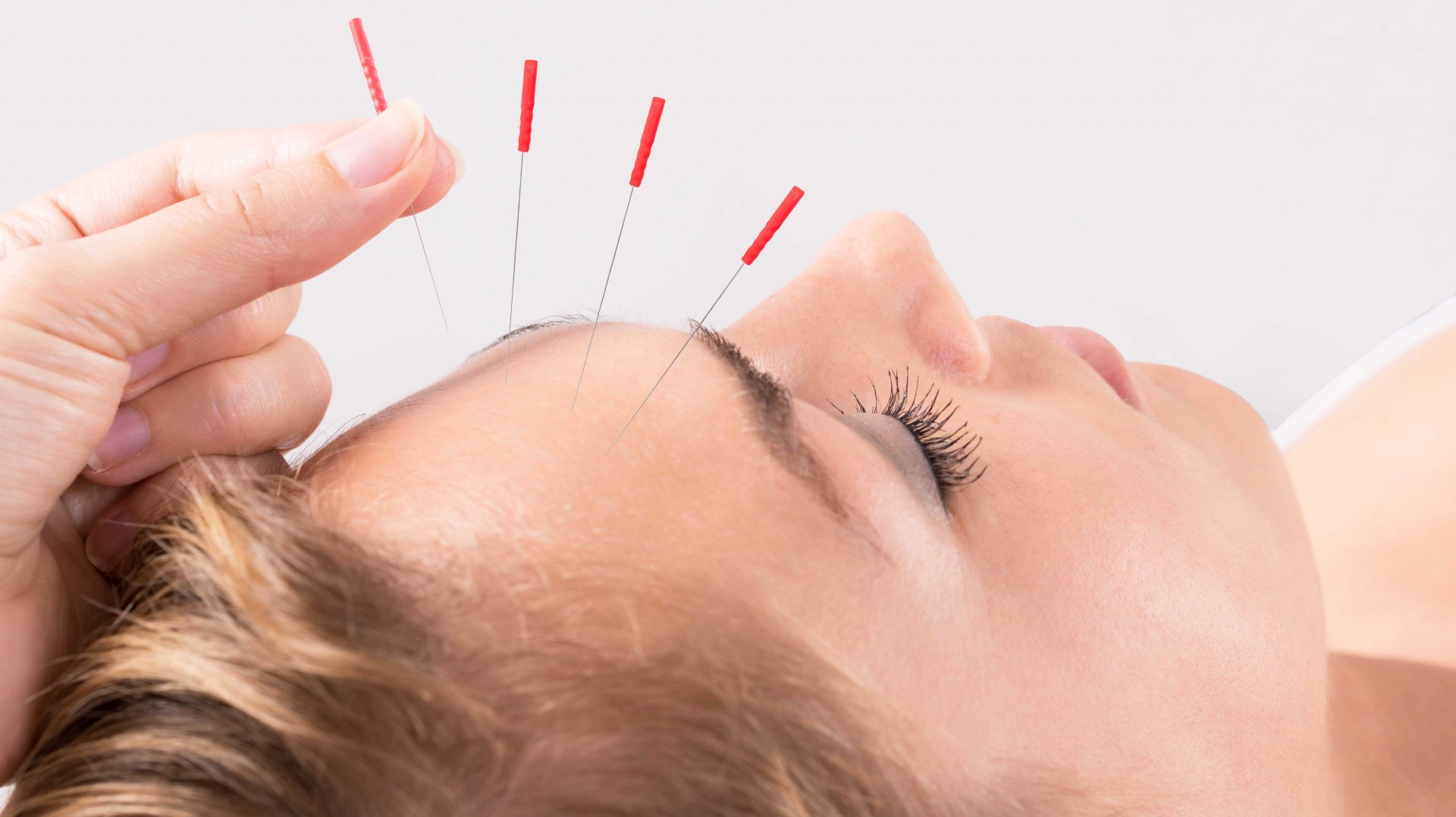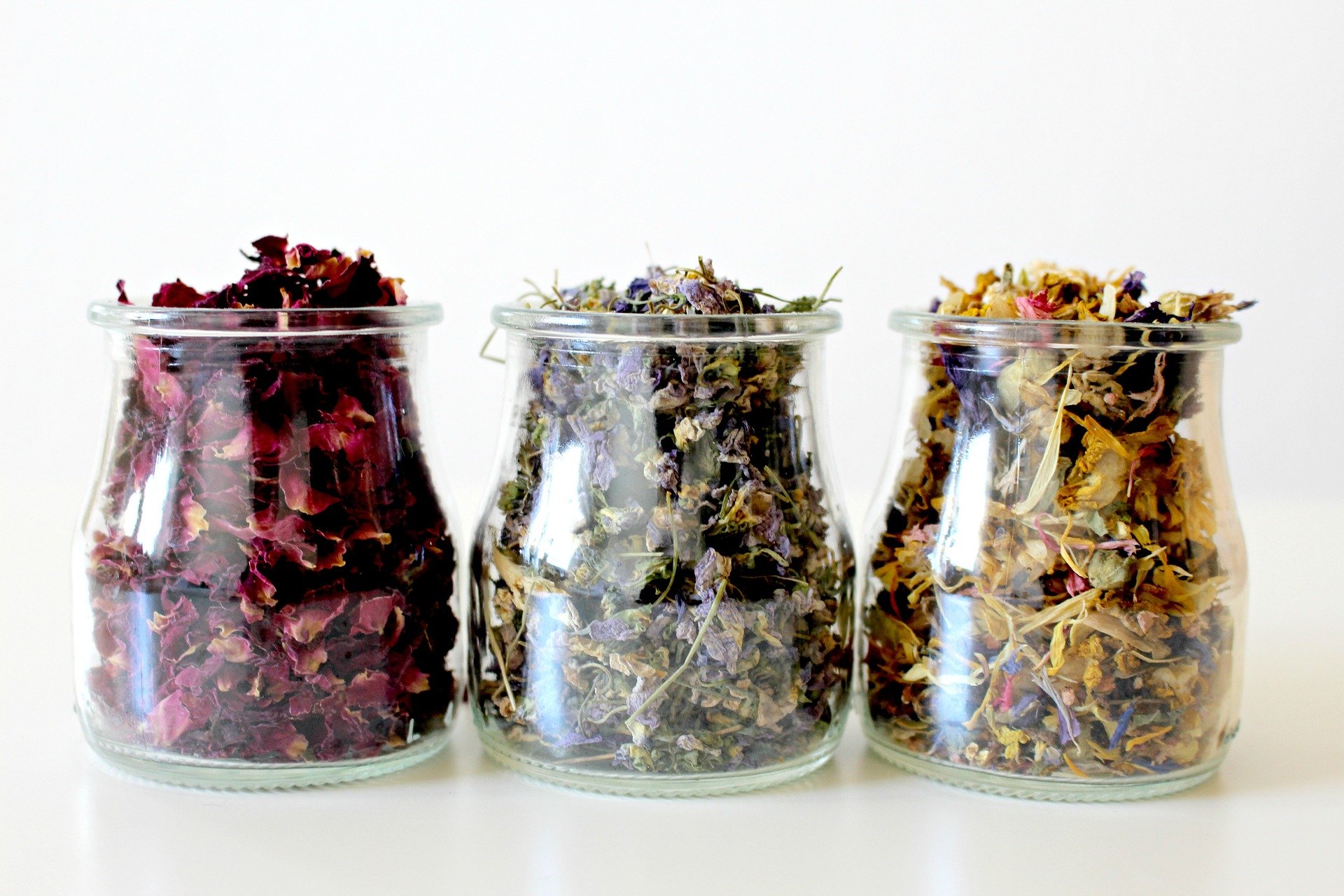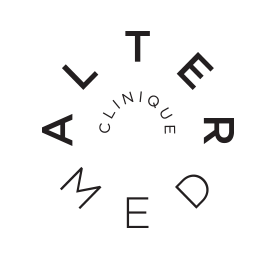
Acupuncture and fertility / infertility
Montreal acupuncture
Acupuncture is a powerful ally for preparing the body to conceive, increasing the chances of getting pregnant, and supporting a full-term pregnancy. It works by harmonizing the body’s natural rhythms and offering both physical and emotional support throughout the fertility journey.
It can help to:
-
Regulate the menstrual cycle, whether it's irregular, too short, too long, or absent
-
Improve egg quality and support healthy ovulation
-
Nourish the uterus and thicken the endometrium to encourage successful implantation
-
Reduce the risk of miscarriage during early pregnancy
-
Calm stress and anxiety, which can negatively impact fertility
Acupuncture enhances fertility, whether you are trying to conceive naturally, or are undergoing intrauterine insemination (IUI) or in vitro fertilization (IVF).
Ideally, treatments should begin at least 3 months before your conception plans, in order to allow time for the body to respond. The course of treatment typically spans 3 to 6 months, depending on your specific needs. A personalized care plan is created during the very first consultation.
If you're already starting an IUI or IVF cycle in the coming month, we can adapt and increase the frequency of sessions to support each stage more closely.
Acupuncture & Pregnancy
Your baby is on the way! While this is a beautiful chapter, pregnancy often brings its share of physical and emotional changes. Acupuncture offers gentle and effective support throughout.
It may help to:
-
Relieve nausea and vomiting
-
Support overall energy levels
-
Improve sleep quality
-
Ease musculoskeletal pain (back, pelvis, legs, etc.)
-
Promote deep mental and physical relaxation
-
Encourage optimal baby positioning toward the end of pregnancy (weeks 32–35)
-
Prepare the body for labour with a series of 3 treatments (weeks 37–39)
-
Support labour induction naturally, if the due date has passed
About me
For over 7 years, I’ve had the honour of supporting women through the many seasons of life—from conception to postpartum.
Naturally drawn to women’s health, I completed my final internship in fertility and pregnancy care, which has remained at the heart of my practice ever since.
As a mother of two, I understand first-hand the emotional highs and lows that come with this journey.
It’s with kindness, empathy, and gentle care that I accompany you, always listening and adapting to your pace and your unique path.
I look forward to meeting you,
Nadège Agostini, Acupuncturist

Aesthetic acupuncture: anti-wrinkle method
Montreal acupuncture
ACUPUNCTURE
Acupuncture has existed for 5,000 years. It is a branch of traditional Chinese medicine and is a natural treatment technique. It aims to promote, maintain or restore energy balance by stimulating points located throughout the body. It takes into account the physical and psychological symptoms, it is a global approach of the individual. The vital energy, the "QI" (pronounced Tchi) circulates in the body through channels called meridians and will feed the brain, organs, muscles, bones, nerves, skin, glands and thus maintain a proper functioning of the metabolism.
ACUPUNCTURE AND FACIAL TREATMENT
Acupuncture is used for both men and women, as a preventive measure, as soon as the first wrinkles appear or as a curative measure. Acupuncture aesthetic care aims to naturally bring radiance to the face, tighten the epidermis, tone the muscles, activate collagen production and promote circulation and inter-cellular exchange.
This treatment can also be used in anticipation of a facelift surgery and post-surgery to preserve the effects of the surgery in the long term. The number of sessions varies according to the patient's general condition and age.
Contraindications
-
Not recommended for people suffering from acne
-
Not recommended for people suffering from rosacea

SEASONAL ALLERGIES AND ACUPUNCTURE
Seasonal allergies (also called seasonal allergic rhinitis) are generally recognized by their recurring symptoms at the same time each year. These symptoms mainly affect the respiratory system and can be mistaken for a bad cold.
Some people suffer from them for a few days, others are bothered by them for several months. In Quebec, they are present about 3 seasons out of 4.
Sensitivity to tree pollens in the spring, to grasses in the summer and to ragweed in the late summer and fall are roughly associated (1) .
What is an allergy?
An allergy is an exacerbated reaction of the immune system to an allergen, in this case pollen, which tries to defend itself against this invasion that it perceives as a potential aggressor.
This allergic reaction will result in the following symptoms*:
Red eyes
Watery eyes
Runny nose
Nasal congestion
Itchy eyes, nose, throat, palate or skin
Difficulty breathing
Coughing
Headaches
Irritability and fatigue
*From a traditional Chinese medicine (TCM) point of view
This attack, called "Wind" in TCM, first attacks the energetic sphere of the Lung. The term "wind" evokes the image of an external pathogenic factor that invades the body when its defenses are weakened. In the case of allergy, the allergen (Wind) invades the nose, an orifice associated with the Lung. The acupuncturist will first of all disperse the pathogenic factor by stimulating specific points (to diminish the symptoms), as well as toning up the energy of the organ concerned, if the person who presents is symptomatic. If a person consults during a non-pollen period, there is no need to drain the pathogenic factor (Wind) since none of its manifestations will be present (sneezing, congestion, itchy throat...). The source of the problem will be addressed directly, which concerns the individual's terrain. This will be evaluated by gathering various information on physical manifestations experienced (energy level, appetite, sleep, moods, etc.). Based on the analysis of these data, an energy balance will be issued by the acupuncturist, and then the choice of a therapeutic orientation will be applied in order to rebalance the body. Although the main lines of treatment are in the background (i.e.: toning up the immune system), the treatment will be really adapted to the person who consults. This is a major strength of acupuncture's success.
Acupuncture, first and foremost preventive
Let's focus on the importance of allergy prevention treatments in this case. As mentioned, acupuncture can treat the root of the problem and not just the symptoms as is done with antihistamines. These provide relief but must be taken daily and often have side effects such as drowsiness. Acupuncture has the advantage of offering a complete recovery in an entirely natural way. In other words, it stimulates the immune system so that it can provide an appropriate response to allergens, i.e. no longer perceive them as a threat to one's homeostasis. In case of an acute crisis, acupuncture will also alleviate the symptoms of allergies but will probably not eradicate them for the season.
Treatment plan
A treatment plan adapted to your condition will be suggested at the first session. Count on 4-5 sessions spread out over a month or so for prevention. Depending on your initial physical condition, the preventive treatment will be repeated every year on average over a period of 3 to 5 years.
Remember: no matter during which month the symptoms appear, remember to consult a doctor at least 30 days before the onset of symptoms for maximum relief.
Nadège Agostini, Ac.
Altermed Plateau Clinic
sources
(1) Website: http://www.allerg.qc.ca/Information_allergique/2_3a_pollen.html
Read article


